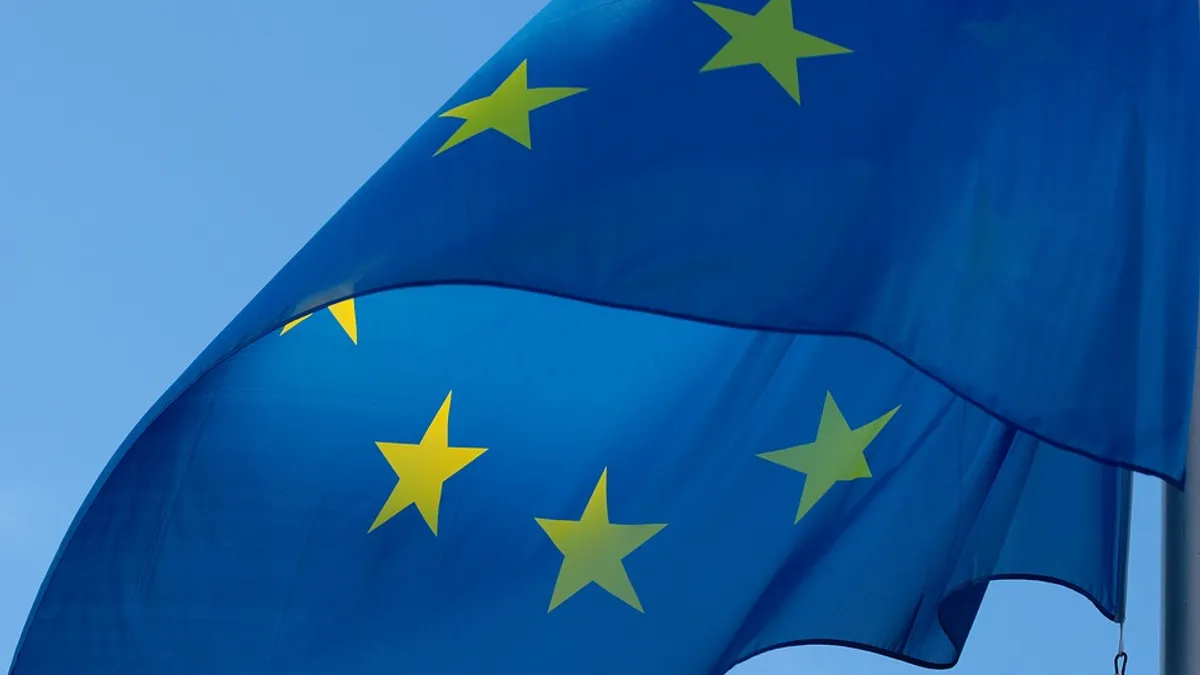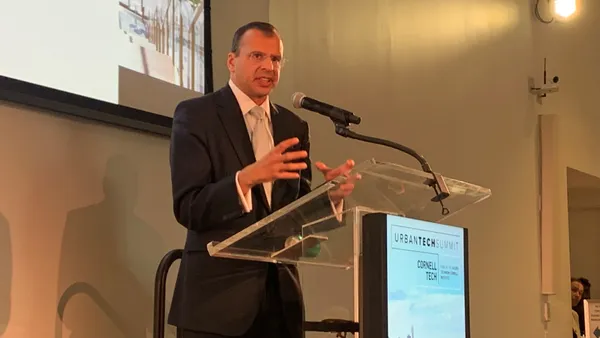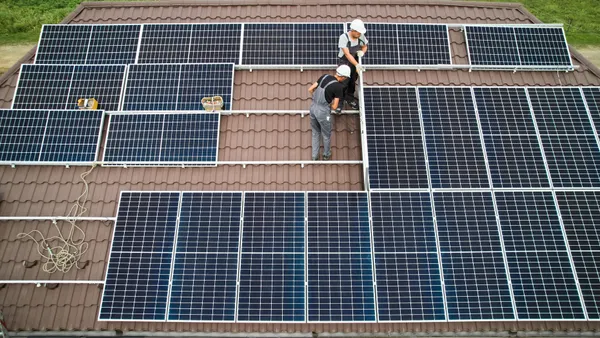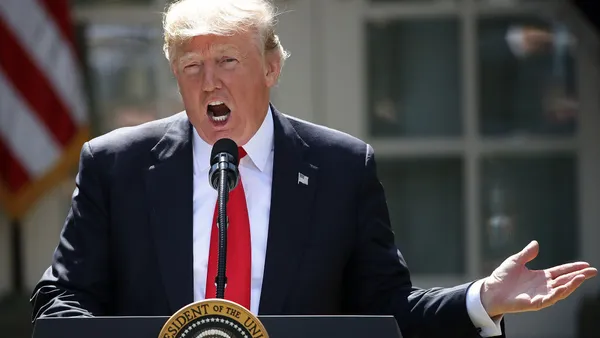Dive Brief:
- Nearly 50 organizations have signed an open letter to the Members of the European Parliament (MEPs) urging them to exclude fossil fuel funding from the European Commission's Cohesion Policy. The Cohesion Policy aims to reduce inequity among regions by funding hundreds of thousands of projects in communities throughout the European Union (EU).
- The letter notes last year the European Commission recommended excluding fossil funding from the next round of the Cohesion Policy. However, MEPs revived the possibility of fossil fuel funding in certain applications, namely natural gas and coal, reports Renewable Energy Magazine. The signatories say the vote could lock in such spending until 2027 and promote fossil fuel dependency for decades, and it would go against the EU goal of reaching net zero greenhouse gas emissions by 2050.
- The MEPs are expected to vote on the measure this week.
Dive Insight:
The signatories primarily are energy and environmental organizations from across the EU, including Estonia, Ireland, Germany, Poland, Slovakia and Sweden. They're collectively advocating for reducing fossil fuel dependency and carbon emissions in communities.
Many European countries and cities have been leaders in efforts to mitigate climate change, including the well-known Paris Agreement. Other efforts include Paris' tax incentives for residents who give up cars or buy electric bikes, German cities' free public transit trial to combat air pollution, and the government in the Netherlands announcing this month it will close one of the country's five coal-fired power plants — four years earlier than planned — to reach climate goals.
But despite the progress across Europe, some areas have been left behind on the climate front, especially those that are less prosperous and have fewer resources to carry out climate action plans. The signatories on the letter to MEPs indicate these communities and others will suffer if MEPs vote to approve funding fossil fuel investments.
The signatories tackle the issue not just from an environmental standpoint, but also from an economic one. They suggest choosing a sustainable energy path will bring modernization and new jobs to cities. Fossil fuel investments would stunt progress on innovations, energy savings and Europe's competitiveness, they say.












